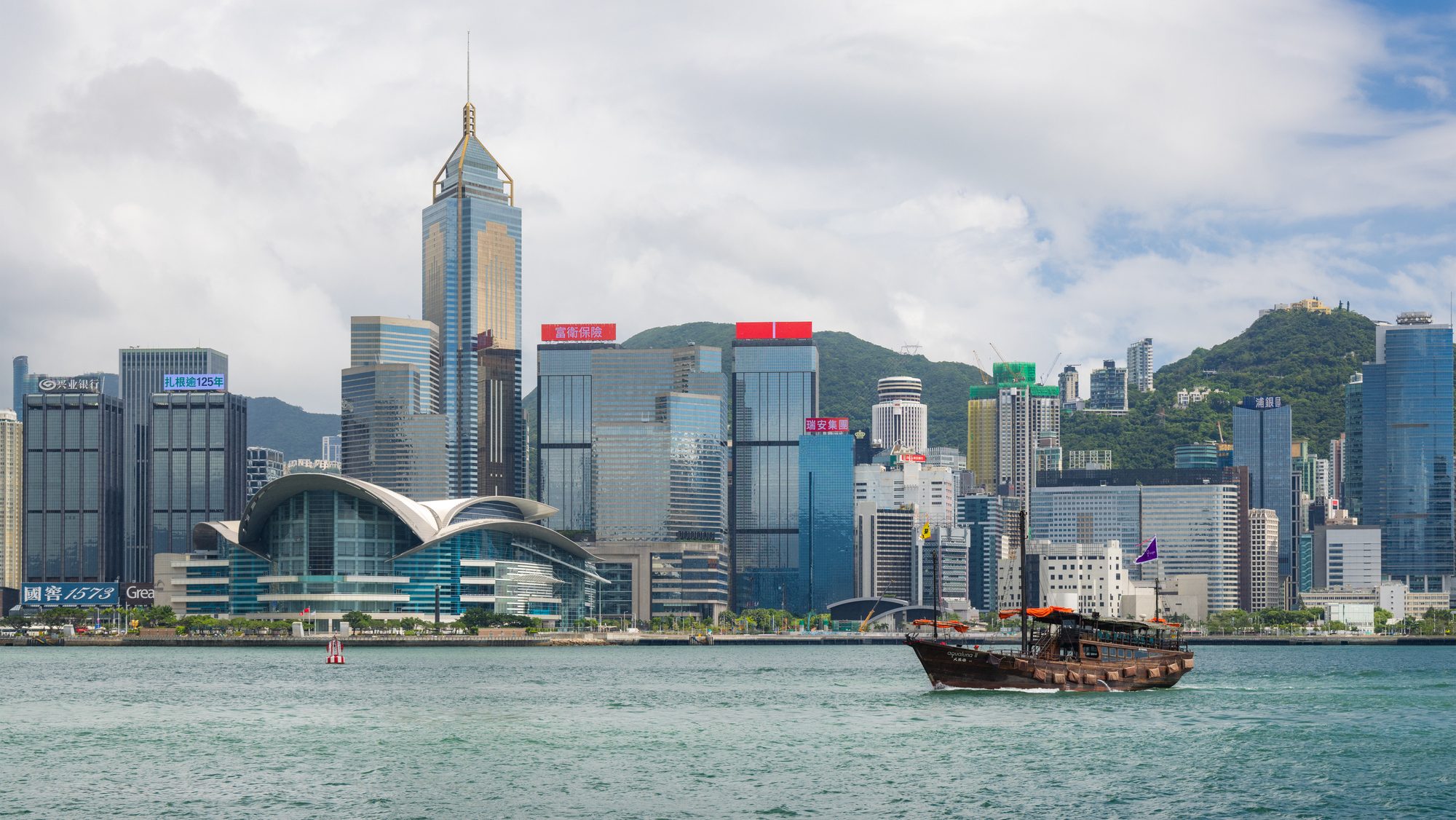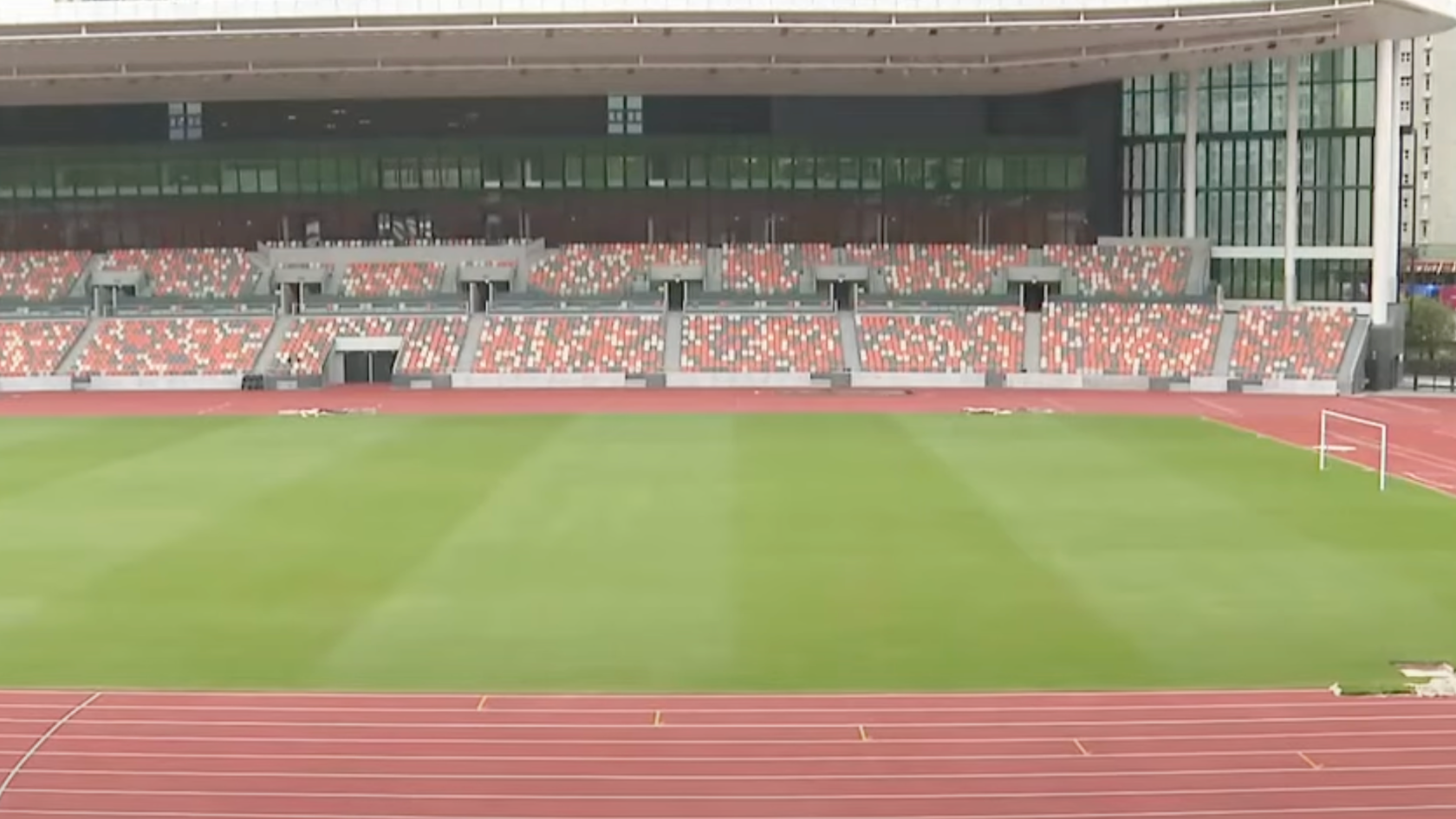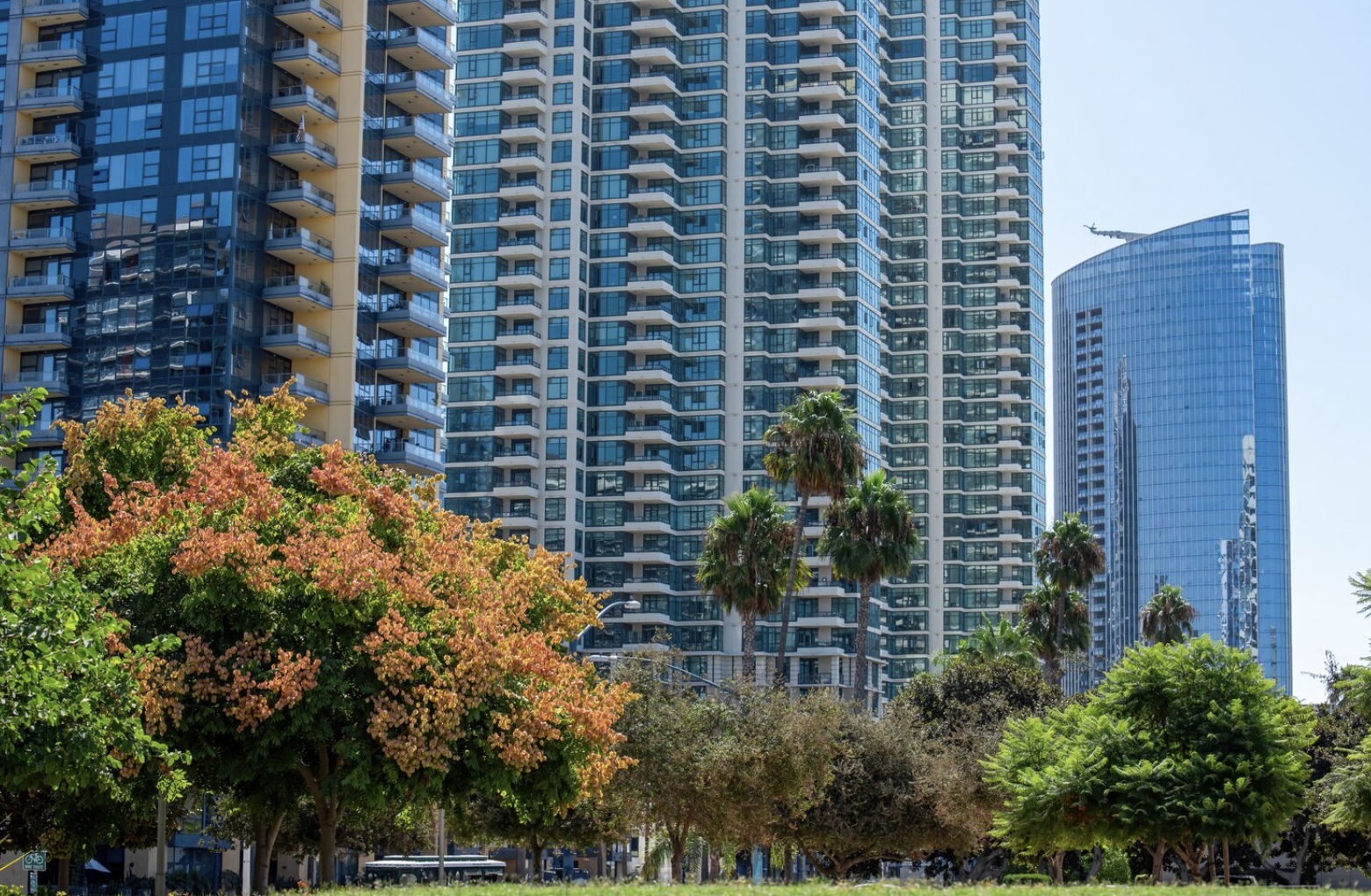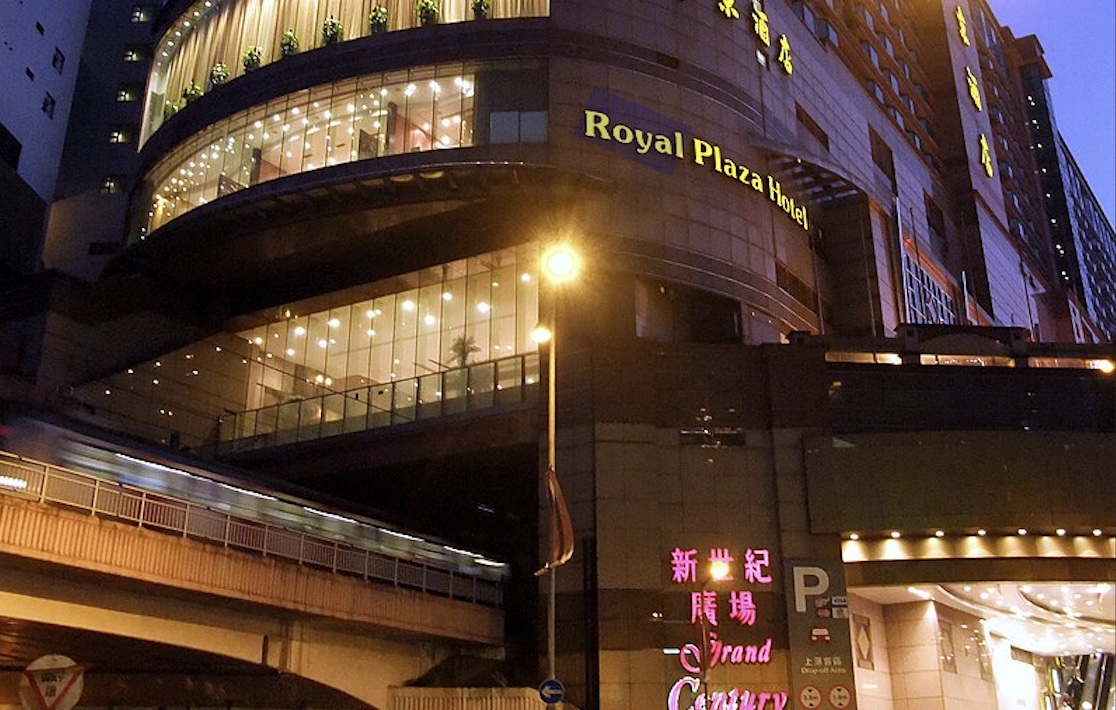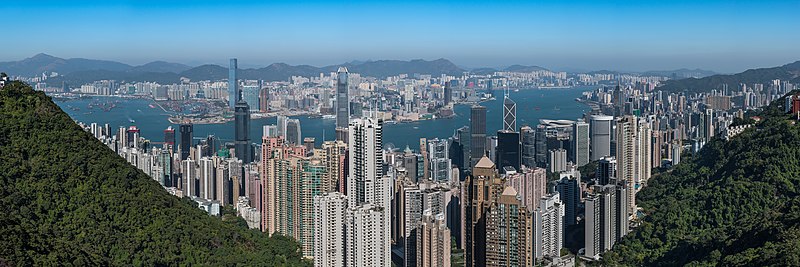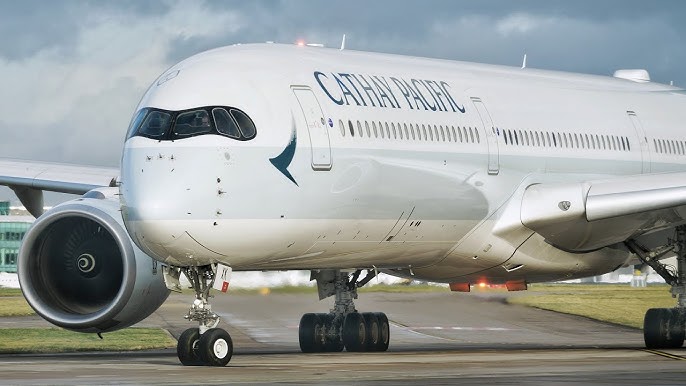SINGAPORE: Family offices (FO) are growing fast across the world, and Asia’s two key hubs—Hong Kong and Singapore—are racing to attract more of them, though recent events may shape their trajectories in very different ways.
According to Professional Wealth Management, the family offices’ boom globally is driven by a surge in wealth, successful transfers of generational wealth, and “liquidity events” brought on by the surging sale of family-owned businesses.
In September 2024, Deloitte’s Family Office Insights Series – Global Edition report revealed that there were 8,030 family offices worldwide managing about US$3.1 trillion in assets. By 2030, the number is expected to rise to 10,720 with US$5.4 trillion in assets.
In Asia, rivals Singapore and Hong Kong are leading in family office numbers.
By the end of 2023, The Standard reported that Hong Kong had around 2,700 single-family offices (SFOs). Deloitte’s March 2024 update put that number at 2,703.
Around the same period, Singapore only had around 1,400 SFOs. The Business Times reported that by August 2023, the numbers had gone up to 1,650. Just months later, in January 2024, MAS deputy chairman Chee Hong Tat announced that Singapore’s total had climbed past 2,000.
In terms of numbers, Hong Kong has taken the lead. However, The Standard noted that Singapore’s momentum may have slowed after a massive money laundering scandal worth US$2.3 billion led authorities to tighten scrutiny over family offices. Some high-net-worth individuals (HNWIs) from mainland China reportedly started leaving for Hong Kong due to the tougher regulations.
Still, Singapore’s family office numbers continued to grow amid increased scrutiny.
That said, a July 2024 report from KPMG and Agreus said Singapore hosted more than half of Asia’s family offices—56% to be exact. Middle- and back-office operations provider Empaxis also reported that more than half of family offices in Asia are in the city-state; however, its global total of family office numbers was 20,000—a giant gap to Deloitte’s data.
The differences largely come down to how the data was collected.
According to With Intelligence, Deloitte’s estimates for Hong Kong were based on a “global and proprietary database of 200,000 ultra-high-net-worth individuals (UHNWIs) and families”. But even Deloitte acknowledged that its methodology was “susceptible to a margin of error”. With Intelligence also noted that it’s “a difficult task” to track the number of family offices globally, as it can be “tempting to take a shortcut” by assuming a percentage of UHNWIs are likely to have a family office.
While Hong Kong surpassed the city-state in terms of number of family offices, its central streets have seen grappling vacancies, with more than 20% of shops empty. Similar challenges have been happening in its luxury property market. In November 2024, Hong Kong’s retail sales dropped 7.3% year-on-year (YoY)—the ninth straight monthly decline. Jewellery and watch sales (5.4%), fashion sales (7.5%), and department store revenues (12.3%) also posted steep drops.
In the same month last year, a Bloomberg Intelligence report also expected Hong Kong to have the highest rise in property prices this year, with Bloomberg Intelligence Equity Research Analyst Ken Foong saying their prices could go up by as much as 10%—reversing declines in the past years.
Singapore isn’t immune, either. The report noted that home prices in the city-state are expected to rise by up to 3% as interest rates come down. Renting Singaporeans will also be affected, as rental HDB flat prices are expected to rise by 2% to 4% due to the shrinking supply of new units, according to OrangeTee.
Rising rent has hit the city-state’s food and beverage (F&B) industry especially hard. In October last year, Knight Frank reported that 2,645 businesses shut down in just the first nine months of 2024—an average of 274 closures per month, higher than in pandemic times. By the end of the year, over 3,000 outlets had closed, the highest number in nearly 20 years.
Despite these broader pressures, both cities are still betting on attracting global wealth.
Singapore recently eased travel restrictions for Chinese citizens, sending a signal that it remains open to global investors. Post-pandemic, Chinese families visiting Singapore have reportedly become a norm, with hotels Fairmont Singapore and Swissôtel The Stamford saying 15% of their guests are now families from China.
Over in Hong Kong, with its proximity to mainland China, Secretary for Financial Services and the Treasury Christopher Hui Ching-yu said they are confident of pulling in another 200 family offices by year-end. Amid today’s geopolitical tensions, he added that the city could have 3,000 family offices in no time, The Standard reported.
Meanwhile, when it comes to urban prosperity, Hong Kong came out on top in Knight Frank’s Rise of the Super Wealth Hub report comparing five major financial hubs—Dubai, Singapore, Hong Kong, Shanghai, and Sydney. /TISG
Read also: 2025 is shaping up to be a problematic year, yet the rich are cashing in on rock-bottom stock prices
Featured image by Depositphotos (for illustration purposes only)
